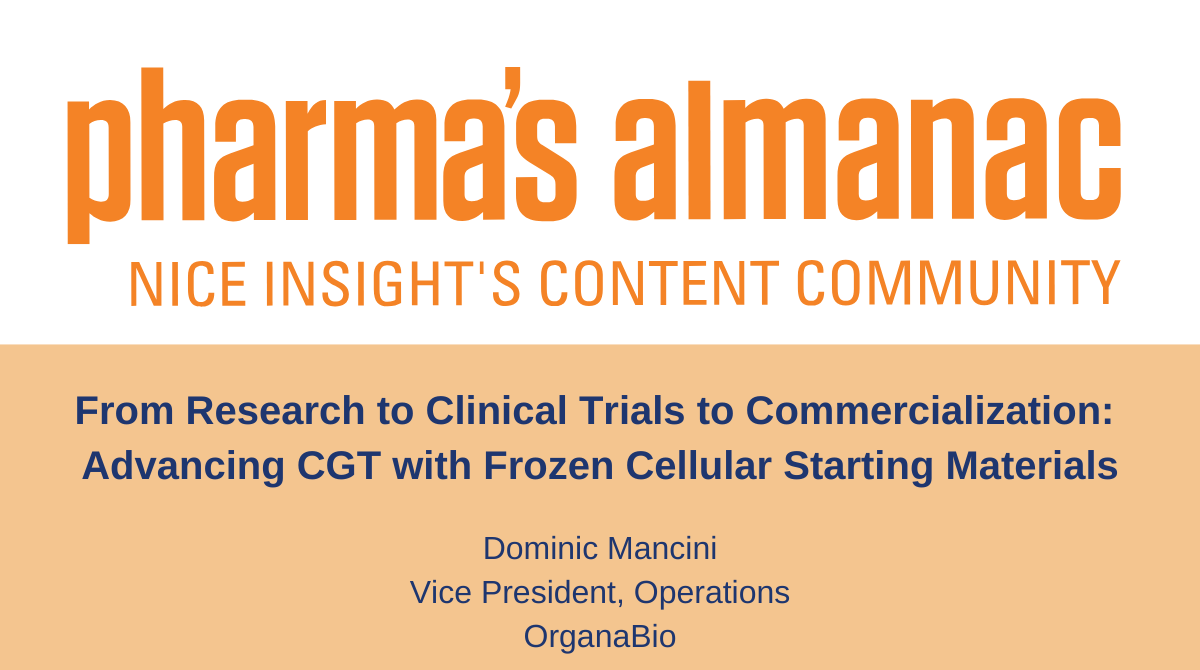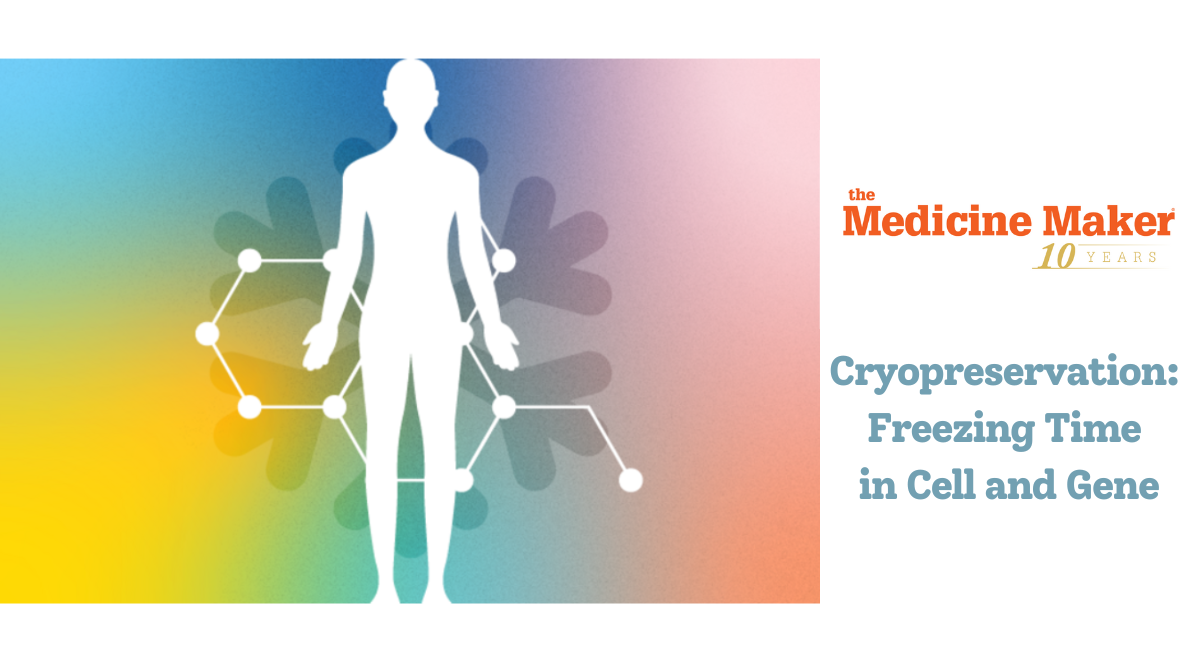In late 2019, cases of Coronavirus Disease 2019 (COVID-19) began to emerge out of Wuhan, China. Since then, the disease has proven to be highly contagious and has rapidly spread around the world, becoming a global pandemic. COVID-19 is caused by the Severe Acute Respiratory Distress Syndrome Conoravirus 2 (SARS-CoV-2). SARS-CoV-2 attacks host cells by the binding of its spike protein to the angiotensin I converting enzyme 2 (ACE2) receptor on cell membranes (1). ACE2 receptors are primarily found on lung alveolar type II cells and capillary endothelial cells in the lungs, which helps to explain the prevalence of respiratory distress associated with COVID-19 (2). In addition to the lungs, ACE2 receptors have also been identified in the heart, liver, kidney, and digestive organs which may help to explain why severe COVID-19 patients display myocardial injury, arrhythmia, acute kidney injury, shock, and death from multiple organ dysfunction/failure (1).
As a result of the infection, host immune cells rush to the site and begin to release inflammatory cytokines, such as IL-6, to clear the infection; however, in many cases this leads to a severe reaction known as cytokine release syndrome (CRS). Patients suffering from severe COVID-19 have demonstrated increased plasma cytokine levels which are consistent with other virally induced hyperinflammatory syndromes (3). Traditionally, patients suffering from CRS would be administered corticosteroids (such as prednisone) to help limit the inflammatory response. However, clinical data from previous SARS-CoV infections have linked the use of corticosteroids to delayed clearance of viral RNA from the blood and respiratory tract, induction of diabetes and psychosis, and increased mortality, leading the World Health Organization to advise against the use of corticosteroids in COVID-19 patients (4). As such, COVID-19 patients are treated for symptoms, including mechanical ventilation to address respiratory distress, and left for the body to naturally clear the virus. This can have long term adverse effects on the patient, should they even recover from ventilation. Thus, there is an emergent need to rapidly develop therapies for these severe cases.
Cell therapy presents a new, unique opportunity for patients suffering from cytokine release syndrome, in general, and COVID-19, specifically. Mesenchymal stem/stromal cells (MSCs) are known to home to the site of infection and to act as potent immunomodulators. Once at the site of infection, MSCs release anti-inflammatory cytokines and growth factors to help regulate the local environment (5). Early studies in China have demonstrated the efficaciousness of transplantation of MSCs in severe COVID-19 patients. In a study of seven patients delivered 1 x 106 cells/kg of weight intravenously, MSCs significantly improved functional outcomes with no adverse effects. Patients demonstrated increased pulmonary function, increased peripheral lymphocyte counts, decreased C-reactive protein and reduction in overactive cytokine secreting immune cells (6). In another instance of MSCs being investigated for COVID-19, a 65-year-old patient in China was delivered 3 doses of allogeneic umbilical cord-derived MSCs 3 days apart. Within four days of the second dose, the patient was taken off a ventilator and was able to walk. Additionally, circulating T cell counts increased to normal levels indicating a resolution of CRS (7). In addition to MSCs, regulatory T cells (Tregs) may be a cellular therapy candidate for severe COVID-19 patients. In the immune system, Tregs play a role in the prevention of autoimmunity, allergy, organ transplant rejection, and inflammatory immune response (8). Allogeneic Treg cellular therapy is currently under investigation as a treatment for autoimmune conditions such as amyotrophic lateral sclerosis (ALS) due to their immunomodulatory function. Recently, Cellenkos, a Houston based company, has been granted clearance for a Phase 1 trial by the US Food and Drug Administration (FDA) for use of cord blood-derived Tregs to treat COVID-19.
As the world struggles to contain the current COVID-19 pandemic, cellular therapies provide a glimmer of hope in the most severe cases. Many companies and researchers in the industry have rapidly initiated or expanded clinical trials to include COVID-19 patients in their studies. While early results are promising, larger and well-controlled clinical trials are needed to demonstrate efficacy of these cellular therapies as viable treatment options for COVID-19. A Phase 3 clinical trial, enrolling 300 patients (sponsored by Mesoblast) is currently underway to determine efficacy of MSCs for COVID-19, and we at OrganaBio, along with the rest of the industry, eagerly await trial results later this year.
References
- Du L, He Y, Zhou Y, Liu S, Zheng BJ, Jiang S. The spike protein of SARS-CoV–a target for vaccine and therapeutic development. Nat Rev Microbiol. 2009;7(3):226-36. https://www.ncbi.nlm.nih.gov/pubmed/19198616
- Shetty Ashok K. Mesenchymal Stem Cell Infusion Shows Promise for Combating Coronavirus (COVID-19)- Induced Pneumonia[J]. Aging and disease, 2020, 11(2): 462-464. https://www.ncbi.nlm.nih.gov/pubmed/32257554
- Mehta P, Mcauley DF, Brown M, et al. COVID-19: consider cytokine storm syndromes and immunosuppression. Lancet. 2020;395(10229):1033-1034. https://www.ncbi.nlm.nih.gov/pubmed/32192578
- Russell CD, Millar JE, Baillie JK. Clinical evidence does not support corticosteroid treatment for 2019-nCoV lung injury. Lancet. 2020;395(10223):473-475. https://www.ncbi.nlm.nih.gov/pubmed/32043983
- Rawat S, Gupta S, Mohanty S. Mesenchymal stem cells modulate the immune system in developing therapeutic interventions. InTech 2019. https://www.intechopen.com/books/immune-response-activation-and-immunomodulation/mesenchymal-stem-cells-modulate-the-immune-system-in-developing-therapeutic-interventions
- Leng Zikuan,ZhuRongjia,Hou Wei, et al. Transplantation of ACE2- Mesenchymal Stem Cells Improves the Outcome of Patients with COVID-19 Pneumonia[J]. Aging and disease, 2020, 11(2): 216-228. https://www.ncbi.nlm.nih.gov/pubmed/32257537
- Metcalfe S. Mesenchymal stem cells and management of COVID-19 pneumonia. Medicine in Drug Discovery. 2020. https://www.ncbi.nlm.nih.gov/pubmed/32296777
- Yun HD, Varma A, Hussain MJ, Nathan S, Brunstein Clinical Relevance of Immunobiology in Umbilical Cord Blood Transplantation. J Clin Med. 2019;8(11):1968. https://www.ncbi.nlm.nih.gov/pmc/articles/PMC6912281/





